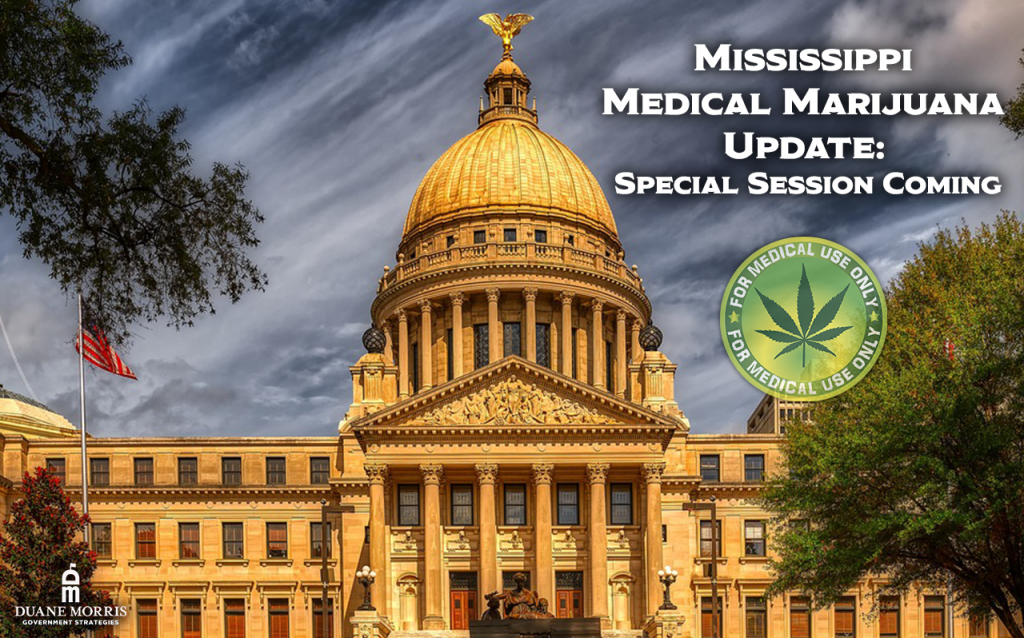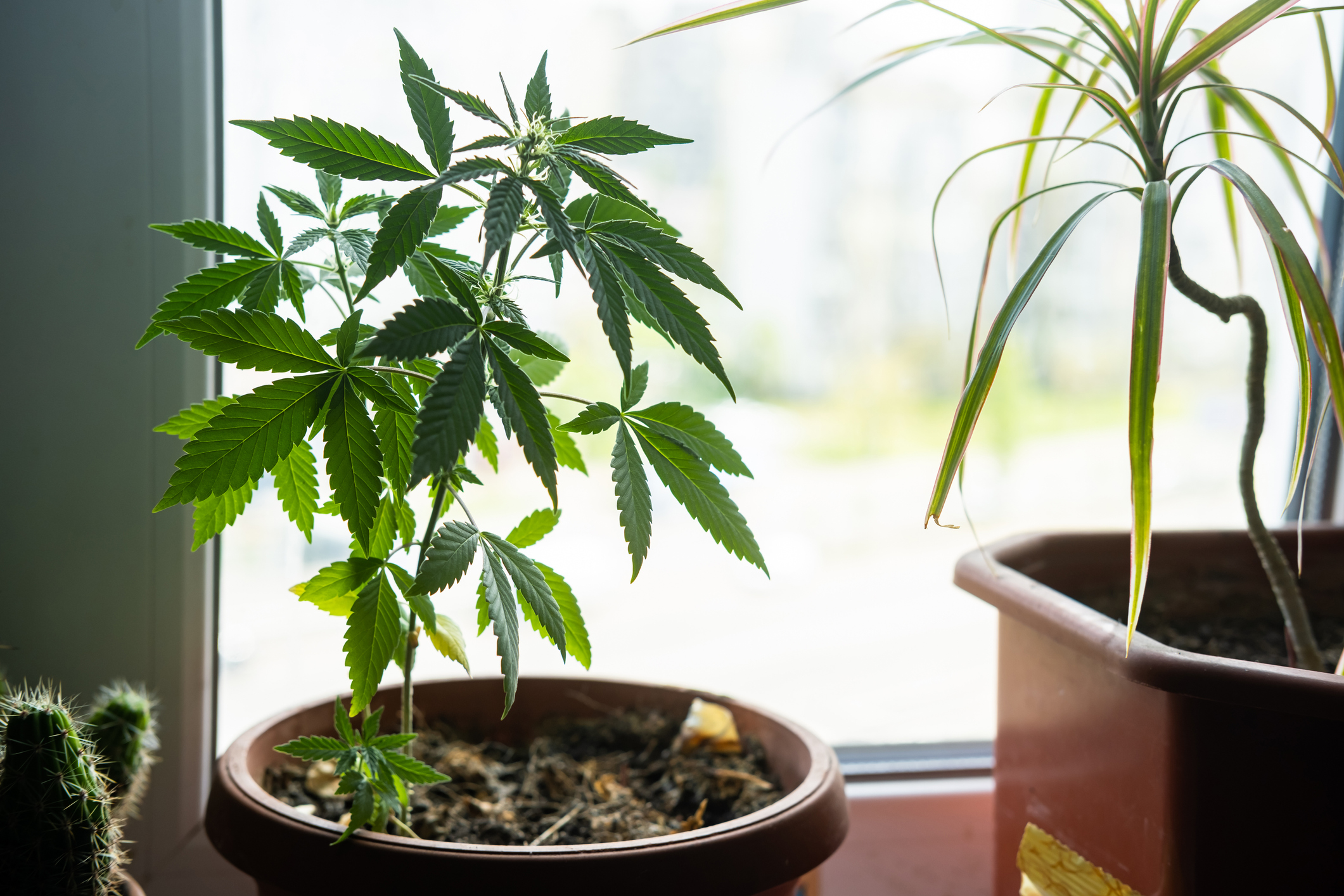Last November, Mississippi voters approved a ballot referendum to legalize medical marijuana in the state. Now, lawmakers appear to have agreed to draft language on finally legalizing the treatment and have called on the governor to call the legislature into a special legislative session.
On September 29, Governor Tate Reeves indicated that the Mississippi Legislature would hold a special session but did not commit to a specific date. Reeves also indicated there might be some changes in the bill draft that was recently released and that funding to implement a medical marijuana program needs to be appropriated.
Eligibility for Medical Marijuana Use
Under the Mississippi medical marijuana draft bill, those eligible for access to medical marijuana treatment include those suffering from debilitating medical conditions, which the bill defines to include cancer, Parkinson’s disease, Huntington’s disease, muscular dystrophy, glaucoma, spastic quadriplegia, positive HIV status, AIDS, hepatitis, ALS, Crohn’s disease, ulcerative colitis, sickle-cell anemia, Alzheimer’s disease, agitation of dementia, PTSD, autism, pain refractory to appropriate opioid management, diabetic/peripheral neuropathy, and spinal cord disease or severe injury.
The bill also would allow medical marijuana use to treat a chronic, terminal or debilitating disease or medical condition, or its treatment that produces one or more of the following: cachexia or wasting syndrome, chronic pain, severe or intractable nausea, seizures, or severe and persistent muscle spasms including those characteristic of multiple sclerosis, or any other medical condition or its treatment approved by the Mississippi State Department of Health (MSDH).
For a patient to use medical marijuana in Mississippi, a practitioner must diagnose them with a debilitating medical condition. In the practitioner’s professional opinion, the practitioner must believe that the patient would benefit from using medical cannabis to treat or alleviate their condition or symptoms. A patient must receive a written certification from their practitioner under the legislation. The written certification is to remain current for 12 months or shorter, be issued only after an in-person assessment of the patient, and be limited to the “allowable amount of cannabis” in a 30-day timeframe.
Allowable Amount of Medical Cannabis
The draft legislation defines an “allowable amount” of medical cannabis as an amount not exceeding the maximum amount of Mississippi Medical Cannabis Equivalency Units (MMCEU). One MMCEU unit is either 3.5 grams of medical cannabis flower, one gram of medical cannabis concentrate, or 100 mg of THC infused product.
Important Dates
Ninety days after the bill’s effective date, the Mississippi Department of Agriculture and Commerce and the MSDH must start licensing and registering cannabis cultivation facilities, cannabis processing facilities, cannabis testing facilities, cannabis research facilities, cannabis disposal entities, and cannabis transportation entities. After 120 days, the Mississippi Department of Revenue will start licensing and registering medical cannabis dispensaries.
Taxes and Opt-Outs
It has been reported that marijuana sales would be subject to Mississippi’s 7% sales tax, and marijuana growers would be subject to a $15 excise tax per one ounce of cannabis flower or trim harvested. The bill also lists fee schedules for growers. Any town or county in the state could opt out of the medical marijuana program within 90 days of the bill’s effective date, but a referendum process exists for citizens to overrule any opt-outs.
Latest News
Photo credit: iStock.com/MiMaLeFi Twenty-four states, two territories, and the District of Columbia have legalized cannabis for adult recreational use. In contrast, the United States government has regulated cannabis under the Controlled Substances Act (CSA) as [...]
Marijuana in a pot on the windowsill. Home cultivation of medical cannabis. Cannabis laws have evolved rapidly across the United States. Cannabis has been shown to have benefits for a range of medical conditions, including [...]
Photo credit: iStock.com/gnagel On August 8, Tennessee Governor Bill Lee (R) proclaimed a special session, set to convene on August 21. The announcement came after the shooting at The Covenant School in Nashville in March [...]
Photo Credit: iStock.com/Aleksandr_Kravtsov Thirty-seven states, the District of Columbia, Guam, and Puerto Rico, have legalized cannabis to some degree. While in those 37 states and territories, it may be legal to some degree, the federal [...]







Stay In Touch